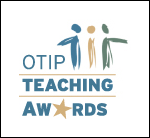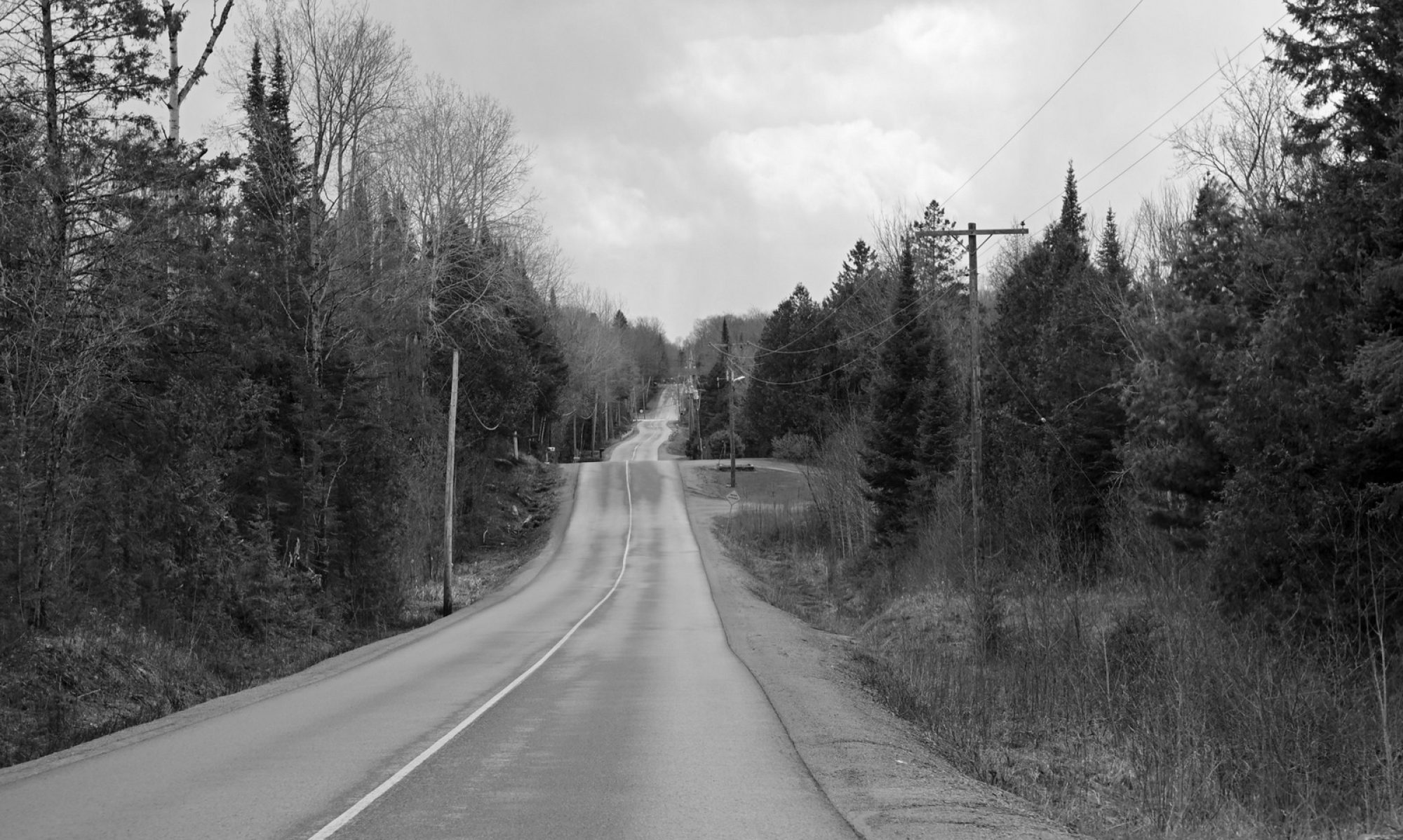With the integration of technology into education, tools such as Google’s NotebookLM offer new ways to simplify complex topics for students. This AI-powered tool helps teachers break down dense information, making it easier for students to grasp challenging subjects, particularly when engaging with current events or multifaceted issues.
Continue reading “How Teachers Can Leverage AI Tools Like Google’s NotebookLM to Make Complex Issues Easier for Students”Philosophers Debate: Navigating the Intersection of AI and Education

Welcome to an experiment using my new “Peter’s Visionary Debaters” Custom GPT, available at https://chatgpt.com/g/g-j7VppiEeO-peter-s-visionary-debaters.
Continue reading “Philosophers Debate: Navigating the Intersection of AI and Education”Please help me promote the new #OntEd K-8 Coding Email List
OTF Rejects Request from Ontario to Let Retired Teachers Work More
Key Takeaway
Ontario’s teachers unions have rejected a request from the Ministry of Education to extend the working period for retired teachers, emphasizing the need for the government to address staffing shortages more effectively.
Continue reading “OTF Rejects Request from Ontario to Let Retired Teachers Work More”What does Spring Arrive? (According to ChatGPT)

I love ChatGPT. I pretty much use it all the time now instead of Google. So when I turned to it to ask the simple question “When does spring arrive?”, I was met with this overly complex response:
Continue reading “What does Spring Arrive? (According to ChatGPT)”My Custom GPTs

For those of you with a ChatGPT Plus account, here are the public custom GPTs I have created. Some were created primarily for my own personal productivity, while others were designed to benefit educators.
Continue reading “My Custom GPTs”Tech Ed AQ and ABQ Courses – Fall 2023
URL: https://www.otffeo.on.ca/en/learning/pd-calendar/events/communications-technology-grades-910-abq-queens-fall-online/
Course: Honour Specialist Technological Education (Queen’s)
URL: https://www.otffeo.on.ca/en/learning/pd-calendar/events/honour-specialist-technological-education-aq-queens-fall-online/
Course: Technological Design Grades 9/10 (Queen’s)
URL: https://www.otffeo.on.ca/en/learning/pd-calendar/events/technological-design-grades-9-10-abq-queens-fall-online/
Course: ABQ Communications Technology, Grades 11 and 12 (Windsor)
URL: https://www.otffeo.on.ca/en/learning/pd-calendar/events/abq-communications-technology-grades-11-and-12-windsor-fall-online/
Course: ABQ Communications Technology, Grades 9 and 10 (Windsor)
URL: https://www.otffeo.on.ca/en/learning/pd-calendar/events/abq-communications-technology-grades-9-and-10-windsor-fall-online/
Course: ABQ Green Industries, Grades 11 and 12 (Windsor)
URL: https://www.otffeo.on.ca/en/learning/pd-calendar/events/abq-green-industries-grades-11-and-12-windsor-fall-online/
Course: ABQ Green Industries, Grades 9 and 10 (Windsor)
URL: https://www.otffeo.on.ca/en/learning/pd-calendar/events/abq-green-industries-grades-9-and-10-windsor-fall-online/
Am I missing any? If so, please let me know in the comments below or at the site formerly know as Twitter at @pbeens or Mastodon at mstdn.ca/@pbeens. Thanks!
Why AI Won’t Be Replacing Teachers Anytime Soon
Read the original article here.
While AI has made significant progress in recent years, it is unlikely to replace teachers anytime soon. One reason for this is that AI lacks the ability to understand human emotions and social cues, which are essential for effective teaching. Additionally, AI is not capable of providing the same level of personalized attention that human teachers can provide.

Ethics and Learning Technology
It’s great to hear from Dr. Chuck Severance again. I took many of his Python courses on Coursera and find him to be an excellent instructor.
In this short video he addresses privacy and LMSes and how schools pay little attention to privacy issues regarding their LMSes. He mentions how the vendors control all the data, and we have been pushing the priority of ethics and privacy concerns back.
I admit that in my classroom I didn’t know how private my students’ personal data truly was. I just trusted in the companies that hosted the LMSes (D2L, Google) that they would not abuse the information nor use it in unethical ways.
Did your school board address student privacy when it considered which LMS to use? Is its privacy policy or privacy study public? Please share!
OTIP Teaching Awards 2020: Nominations are open
 For many years, these awards have recognized the excellence of our teachers in publicly funded education. There are three categories of awards: elementary school teacher, secondary school teacher and beginning teacher in the first five years of teaching. A teacher may be nominated by anyone – professional colleagues, students, parents, or the general public.
For many years, these awards have recognized the excellence of our teachers in publicly funded education. There are three categories of awards: elementary school teacher, secondary school teacher and beginning teacher in the first five years of teaching. A teacher may be nominated by anyone – professional colleagues, students, parents, or the general public.
Nominations are now open for the 2020 awards. The deadline for receipt of nominations is March 31, 2020. Further information is provided on the attached PDF and is also available at www.teachingawards.ca. If you have any questions, please contact Jason Healey at OTF: Jason.healey@otffeo.on.ca.
It would be appreciated if you would highlight and promote these awards within your organization. We are proud of the excellence of teachers throughout the province. These awards allow us to recognize and celebrate outstanding contributions that our members make to their students’ education, to their schools, and within their communities.
Thank you for your cooperation and assistance in promoting the OTIP Teaching Awards program!
